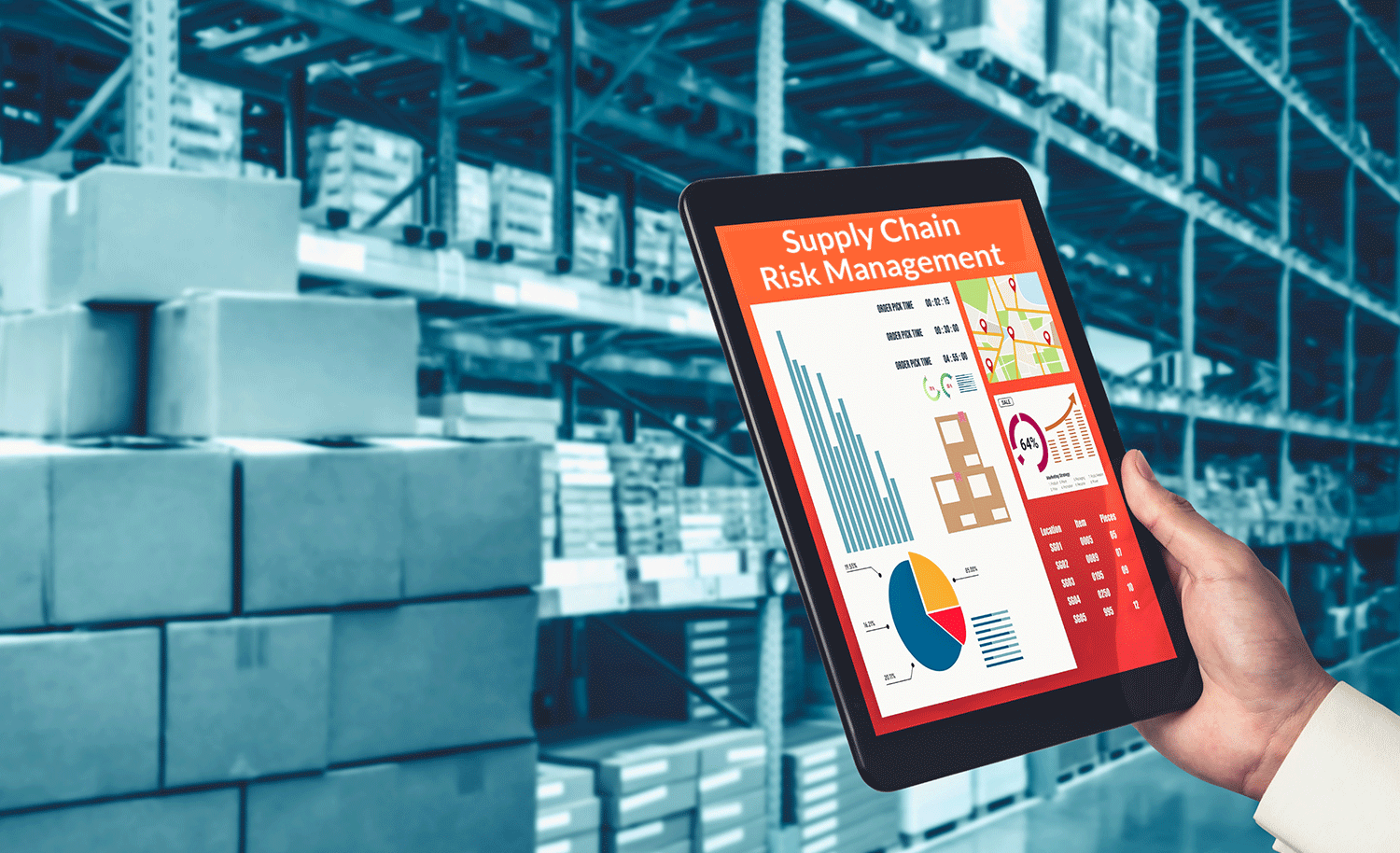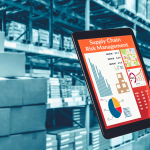Articles
For a better insight into our products and services go through articles on various topics here.
Supply Chain Risk Management
Establishing A Comprehensive Risk Management Framework in Your Supply Chain
SID Global Solutions
2 February 2023

Overview
Having a well-established risk management framework in place is a critical part of running a successful business. It’s especially important when it comes to managing the supply chain of a business, as it helps to ensure that the company is able to anticipate, plan for and mitigate any potential risks that may arise.
In order to establish a comprehensive risk management framework in your supply chain, it is important to first understand the different components of a supply chain and the risks associated with them. Supply chains are comprised of several interconnected processes that, when working together, help to get products to customers in a timely and cost-effective manner. These processes include procurement, production, logistics, and distribution. Each of these processes carries with it a unique set of risks that must be managed.
Procurement Risk Management
Procurement risk management involves mitigating the risk of any disruptions to the supply of raw materials and components from suppliers. This includes ensuring that suppliers meet quality, delivery, and cost requirements, as well as making sure that the supplier’s pricing is competitive. It’s important to have a thorough supplier selection process in place to ensure that the best suppliers are chosen for the job.
Production Risk Management
Production risk management involves mitigating the risks associated with the actual production process. This includes making sure that production facilities are well maintained, that production processes are functioning properly and that safety standards are being adhered to. It’s important to establish an effective quality control system to ensure that the products being manufactured meet the expectations of customers.
Logistics Risk Management
Logistics risk management focuses on the movement of goods from suppliers to customers. This includes ensuring that goods get to their destination safely and on time, as well as ensuring that any delays are minimized. It’s important to establish a robust transportation management system to ensure that goods are being shipped in the most cost-effective manner.
Distribution Risk Management
Distribution risk management involves ensuring that goods reach their destination in a timely and cost-effective manner. This includes establishing an efficient warehouse management system and making sure that goods are shipped to customers in a secure way. It’s also important to have an effective order tracking system in place to ensure that goods are being delivered on time.
Conclusion
By establishing a comprehensive risk management framework for your supply chain, you can be sure that your business is prepared to deal with any potential risks that may arise. This will help to ensure that your business is able to remain competitive and successful. It’s important to remember, however, that risk management is an ongoing process that requires continual assessment and improvement.
By staying on top of potential risks and taking proactive steps to address them, you can be sure that your business is well-equipped to handle any challenges that may arise.









